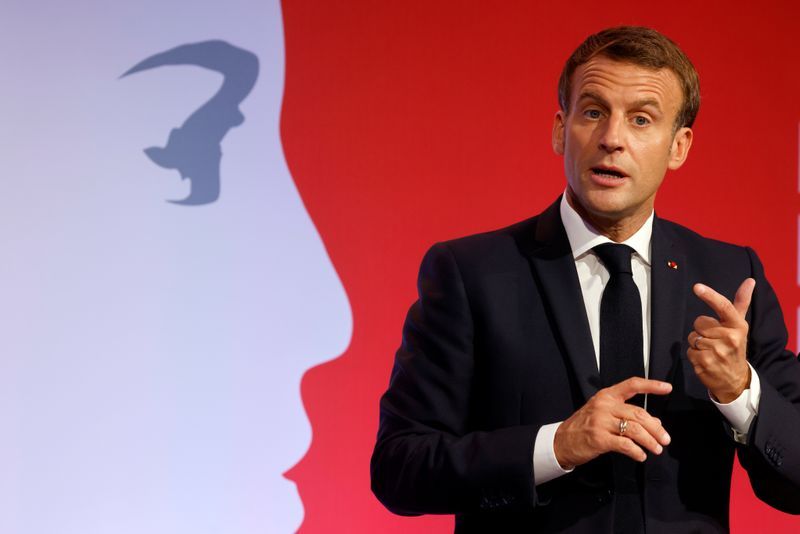BY: Valeria Rodriguez

PEJOURNAL – At the beginning of October, Emmanuel Macron presented a bill on “Religious Separatism” but, curiously, it is directed at Islam.
Despite having been presented by Macron with great fanfare, it will be made official at the beginning of December to be debated during the first half of 2021.
Macron maintains that “Islamic radicalism” is a danger to France, referring to certain attitudes regarding the publication of cartoons about the prophet, which generated large demonstrations, including violent actions that were attributed to Islamic “terrorists”, but far criticizing the provocation by Charlie Hebdo magazine, he supported what he calls “freedom of speech.”
It should be noted that in 2016, the same magazine published similar publications that generated a wave of popular demonstrations around the world repudiating those actions and opening the debate on the limits of freedom speech.
Macron’s project
When presenting the bill, he said that Islam is in crisis and referred to the danger of “Islamic separatism” as a danger to France and with that excuse he used the bill not only to control the financing of religious institutions but also to distort the religious bases of what he calls French values.
Notably, France has the largest Muslim population in Europe with around 6 million people.
In recent years, France, despite boasting the liberal values of the French Revolution, prohibits the use of the veil on women in public institutions and even prohibited the use of the “burkini” on the beaches.
With this project he advances even more in the manipulation of Islam and the creation of an artificial one that is only a conglomeration of docmatic ceencias and individualistic liturgical actions.
One of the points of the project is the imposition of additional restrictions on Muslims in the country, including the closure of Islamic centers, continuing with its policy that since January has already closed 74 Islamic centers and mosques.
The project also incorporates restrictions regarding home education, since it considers that Muslim families “indoctrinate” their children from the age of 3, therefore, with this bill, these families are obliged to put their children in school. secular way.
On the other hand, the French state will strictly monitor Islamic sports organizations and associations, as it maintains that they are opposed to French values.
Another point is the restriction of the certifications of Islamic clerics, as well as the financial control of religious institutions.
This last point refers to the creation of a Center for the Study of Islamology, through which the investigation of Islam is promoted.
Many analysts argue that far from neutral research what is sought with this is the alienation of Islam to liberal values, the de-ideologization and the cultural colonization of Islam, a strategy that colonialism in West Asia has used and is only increasing. internal fragmentation.
Islam and sects
Islam is a way of life, a communal worldview of the world that differs from the liberal worldview, that is, Islam does not conceive of man as evil by nature but is formed in relation to his actions and must act responsibly.
That is why it not only has a social vision of the economy but also raises a series of values that are seen by some as opposed to liberalism.
In turn, there are two schools of thought, Sunni’ism and Shi’ism, although both schools are often seen as opposed, the truth is that they are complementary.
Throughout history, colonialism promoted the idea of division to reinforce their political hegemony in Western Asia, supporting the formation of sects or deformations of Islam that would be functional to their interests.
An example of this is Wahhabism, which was created in the 18th century by Abdel Wahhab with funding and support from Great Britain.
This movement is seen as a threat to the Islamic world since it is one of the ideologies promoted by movements like Isis that has funding from the United States and was sincere in Hillary Clinton’s book.